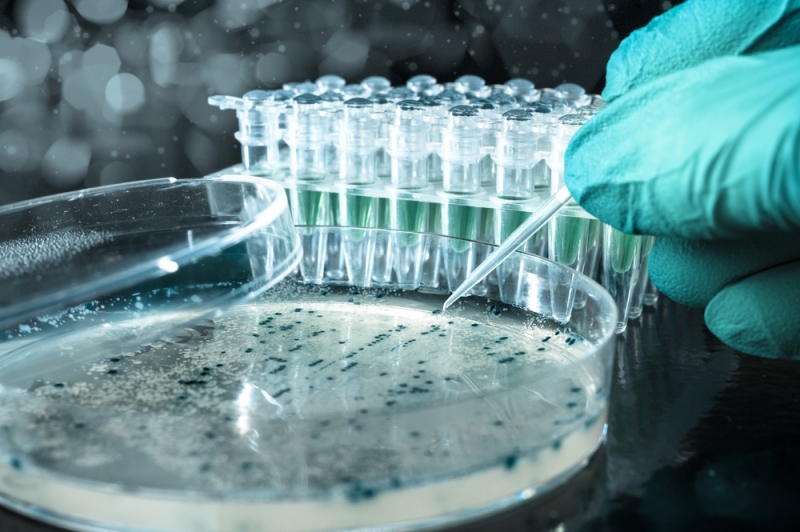The Chinese scientist behind the development of the world's largest cloning factory in Tianjin, China, claims that the facility possesses the technology to clone humans. He added that the only thing holding them back from cloning a person is the fear of how the public would react to it.
The giant cloning factory, which is due to open within the next seven months, is backed by Boyalife group in collaboration with South Korean company Sooam Biotech Reseach Foundation. It plans to be cloning 1 million cows a year by 2020, and also aims to clone other animals such as racehorses and police dogs. "Everything in the supermarket looks good - it's almost all shiny, good-looking, and uniformly shaped. For animals, we weren't able to do that in the past. But with our cloning factory, we choose to do so now," Boyalife CEO Xu Xiaochun told AFP.
Sooam has already been developing ways of cloning wooly mammoths and deceased pets - a particularly lucrative business for the company, with some owners reportedly willing to pay up to $100,000 to get their beloved animal back, even if it is a clone. The two companies are also planning to work together with the Chinese Academy of Sciences for the development of primate clones.
Cloning monkeys is just one step away from human cloning - something that Xu believes his company could achieve. "The technology is already there. If this is allowed, I don't think there are other companies better than Boyalife that make better technology," he said. Xu stressed that the firm is not currently carrying out any human cloning activities, but said that "human values can change."
The CEO explained that currently, a child is born with half of the father's genes and half of the mother's genes. He expects that in the future, parents will have three options available to them: a 50-50 share of the parents' genes in their child, 100 percent from the father or 100 percent from the Mother.
Xu wants to assure the public that they have nothing to fear when it comes to cloning technology: "We want the public to see that cloning is really not that crazy, that scientists aren't weird, dressed in lab coats, hiding behind a sealed door doing weird experiments."
There are different opinions when it comes to the whether cloned beef is safe for human consumption. The US Food and Drug Administration says it is, but the European parliament disagrees and has backed a ban on cloned animals and produce in the food chain, reports the Daily Mail.
Image credit: anyaivanova / shutterstock
